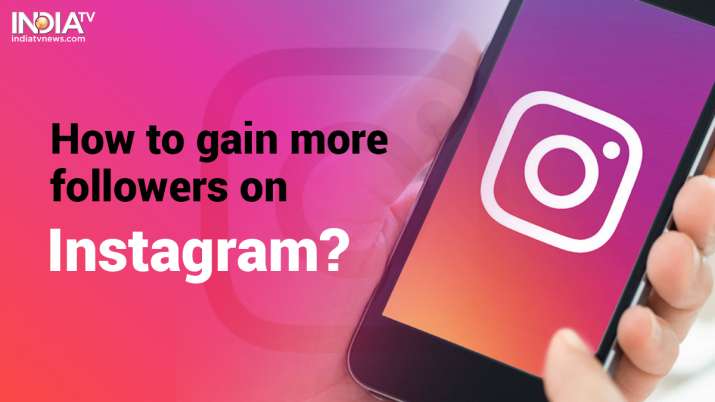
Top 5 Questions from Parents
Instagram is one of lots of social media apps for mobile phones and no single service, app or tool covers all digital social activities and even a single classification, however research study reveals that mingling face-to-face is still the centerpiece for teens.
Remember that your kids can be on Instagram even if they're not on Instagram. Sounds not likely, however not in social media. Even if a moms and dad bans all social networks, his/her child's image and other details can be published by good friends You Can Try This Out through their accounts. And for teenagers, there's the fear of losing out that even has its own acronym, "FOMO." While not all teens need to or necessarily even wish to use social media apps, for numerous it's embedded into their social lives. Obviously, moms and dads should assist their Website Here teenager make great options, however prohibiting social media might not be the best service.
There are lots of options for digital mingling, with new ones popping up on different platforms all the time. Some do a better task of securing privacy and safety than others, and parents can't possibly be on top of all of them. We likewise can't always comprehend the context of pictures, videos and comments our kids become part of in social networks. That's why it's essential to keep the lines of communication with your kids as open as possible and work together to determine what's proper for them, in terms of safety, personal privacy, reputation and time management. It generally just works better to talk with our kids about their preferred tools-- with genuine interest, not fear-- because they're more likely to come to you if they ever require help.
1. Why do teenagers enjoy Instagram?
Due to the fact that they love consuming and developing media, sharing it and mingling, and Instagram makes all that achievable in a basic, attractive method. Teens likewise like the ability to develop "stories" that disappear after 24 hours.
2. Does Instagram have a minimum age?
Yes, it's 13, in compliance with the Children's Online Privacy Protection Act. However Instagram does not ask users to specify their age, and, regardless of the guidelines, there are many younger kids who use the service, often with their parents' consent. Instagram will delete underage accounts if they're alerted and can't validate that the user is over 13.
3. What are the threats in utilizing Instagram?
Though there's absolutely nothing inherently harmful about Instagram, the main things moms and dads worry about are normal of all social media: imply behavior amongst peers, improper pictures or videos that can hurt a teen's credibility or draw in the incorrect sort of attention, overuse, and obviously, privacy. Parents are also worried that people their kids don't know can reach out to them directly. Kids can find out to minimize the possibility of these risks, which is why we composed this guide.
4. Are there tools to help limit just how much time your kids spend on Instagram?
Instagram now provides tools to assist users of any age much better handle the time they invest utilizing the app. That consists of an activity dashboard, an everyday suggestion and boosted ways to restrict notifications. As we explain later on in the guide, you can access these tools from Instagram's settings menu.
5. Should my teen's profile be private?
We suggest teens have a personal account so that just fans they approve can see their posts in the Photos tab of Search & Explore or on hashtag or location pages. (Accounts are public by default.) A more public existence might be appropriate for some older teens, such as those who are advocating for a cause, raising money for charity or taking part in conversations about sports, issues or hobbies. If you believe your older teen may take advantage of a public account, be sure to talk to them about how to avoid publishing anything that might endanger their security, individual privacy or credibility. It's crucial to note that Instagram's personal privacy settings do not follow if the posts are shared to Facebook, Twitter or Tumblr. Rather, the privacy settings for those services will use.